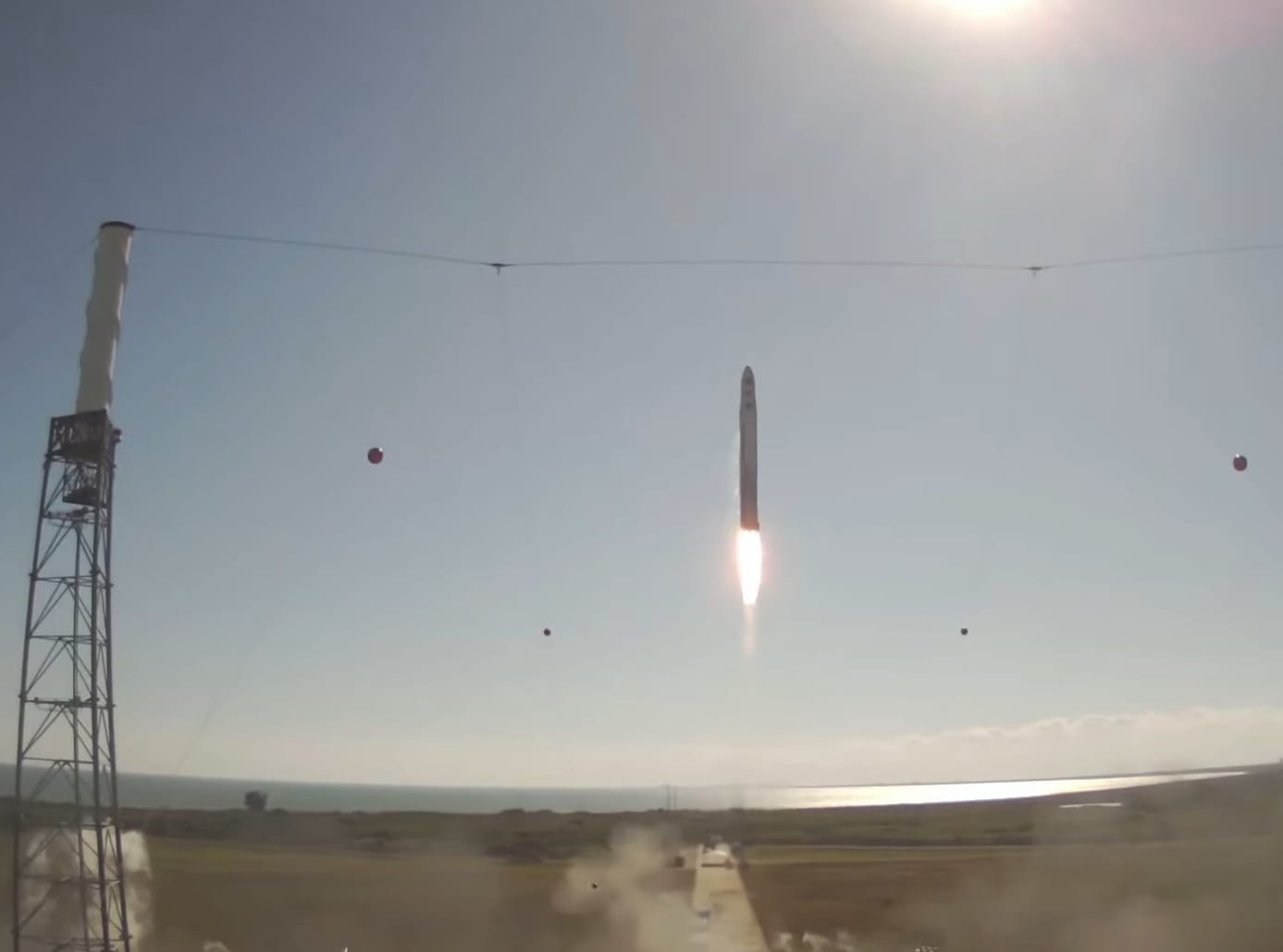
Astra / NASASpaceflight
Shares of rocket builder Astra fell sharply Thursday, after the company’s latest mission failed to reach orbit.
Astra’s stock fell 26% to close at $3.91 a share.
The company confirmed there was an issue mid-flight that prevented the rocket from delivering a set of four cube satellites to orbit on a NASA-funded mission.
Cameras onboard the company’s LV0008 rocket show the upper stage separating and igniting, before appearing to tumble out of control mid-flight.
Astra / NASASpaceflight
“I’m deeply sorry we were not able to deliver our customer’s payloads. I’m with the team looking at data, and we will provide more info as soon as we can,” Astra CEO Chris Kemp said in a tweet.
The Nasdaq halted the stock down 5% at 3:05 p.m. ET, as the upper stage of the rocket appeared to be tumbling out of control on the company’s webcast of the launch.
Shares reopened briefly for trading and dropped 32% before being halted again at 3:37 p.m. ET, and then reopened a second time — recovering slightly.
The NASA mission marked Astra’s first launch from Florida’s Cape Canaveral. The company reached orbit for the first time three months ago with its LV0007 rocket, launched from Kodiak, Alaska.
Astra’s vehicle stands 43 feet tall and fits in the small rocket segment of the launch market. Astra’s goal is to launch as many of its small rockets as it can, aiming to hit a rate of one rocket per day by 2025 and drop its $2.5 million price point even further.
The company went public earlier this year after completing a SPAC merger, with the company raising funds to build out production of its small rockets, expand its facilities in Alameda, California, and grow its spacecraft and spaceport business lines.
But Astra’s valuation has been slashed over the past three months, with shares battered alongside other space growth stocks.
Correction: This story has been updated to reflect Astra is listed on the Nasdaq.




